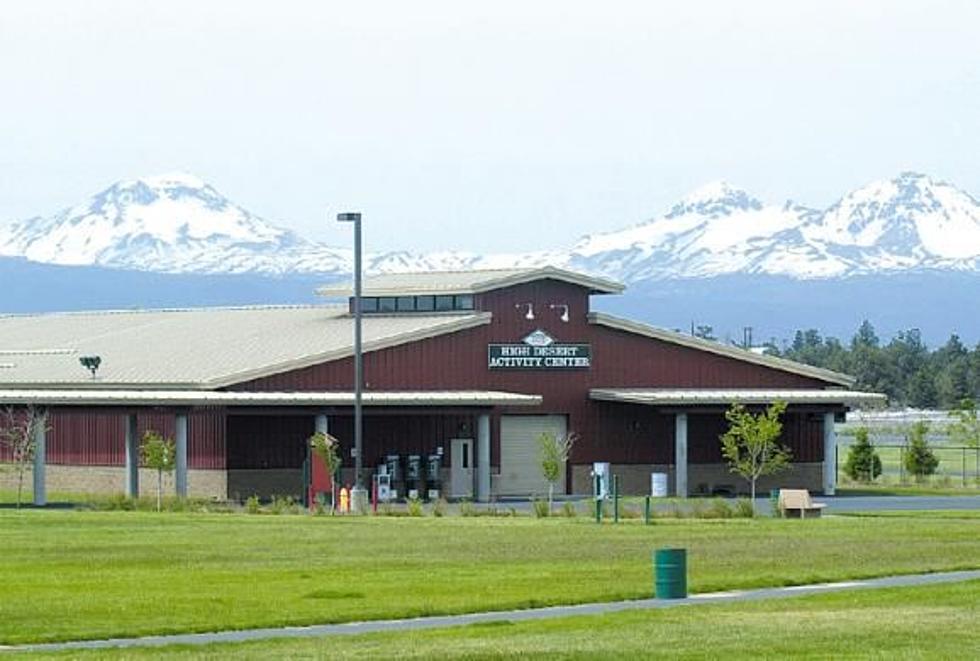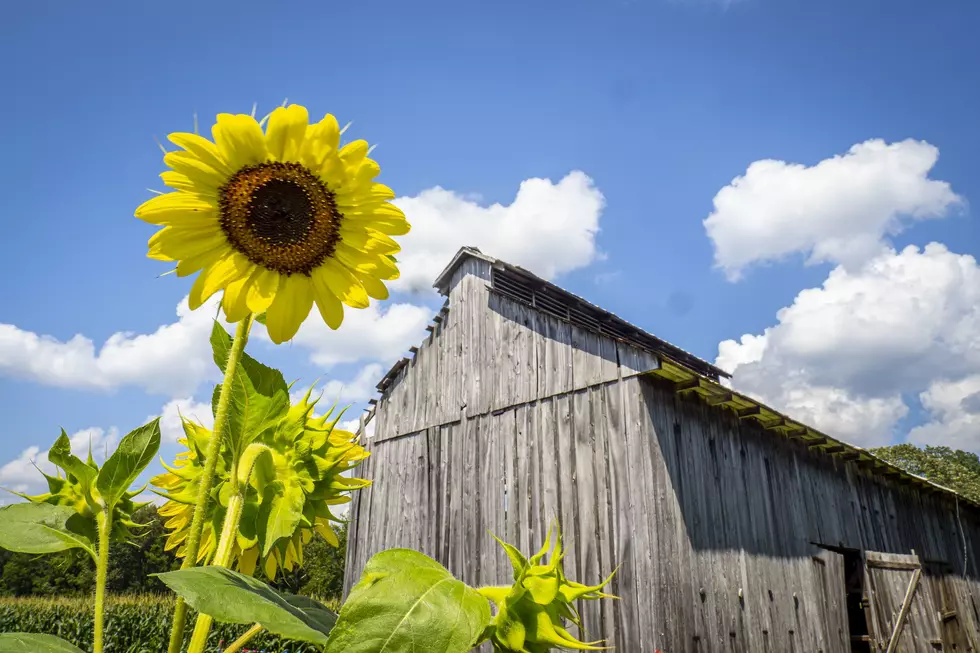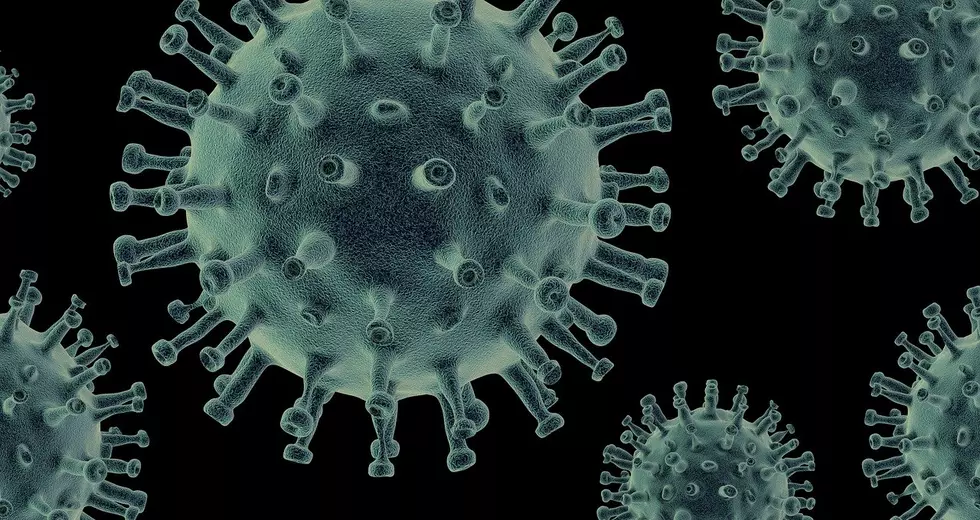
What Does Coronavirus Mean For Farmers?
COVID-19 is dominating the news cycle here in the Northwest and nationally. But, what does coronavirus mean for farmers and ranchers, as well as the animals they work with every day?
Dr. Gail Golab, Chief Veterinary Officer for the American Veterinary Medical Association, says there are four different types of coronavirus.
“Coronaviruses are shared by a variety of species. Virtually all have coronaviruses, but the individual coronaviruses are typically specific to that species. There are four classes of coronaviruses. There’s alphas, betas, gammas, and deltas. Alpha and beta coronaviruses are mammalian, so they affect mammals. The gamma and delta viruses typically are those that would affect birds.”
She says the virus that causes COVID-19 is a Beta virus, which means it affects mammals.
“We’re obviously still learning quite a bit about this particular virus. This is a virus that they think probably originated in bats, and it went through some kind of intermediate host to get into people and we’ve had a number of those viruses over the past few years. And we think the reason that’s happening is because the level of contact with people and wildlife is increasing, so we’re starting to see more of these transfers.”
Golab said coronavirus transfer between animals and humans is still an unusual circumstance.
“It’s not a normal course of events so people shouldn’t be concerned that, for example, that the coronavirus their dog may have is going to be able to be transferred to them. In most cases, the animals that people are going to have the most contact with is going to be their dog or cat. So, if you think about all of the cases that we have at this point around the world, you’re not seeing corollary examples of a lot of sick dogs and cats. As a matter of fact, you’re not seeing any examples we’re aware of, of sick dogs and cats.”
There’s been just one case of an animal testing positive for COVID-19 in China. But Golab said there’s more to that story.
“You may have heard about a dog in Hong Kong that tested weakly positive for the virus, and that happened a couple of weeks ago. What’s important to know about that is that it was just one dog, it was not a dog that was ill at all as far as we know, so that was not at all what prompted them to test the dog for that. We don’t know exactly what prompted them to do that test, but we’ve been repeatedly told that the dog was not ill. That dog does belong to an individual that has COVID-19.”
To make a long story short, she says health officials are still learning about the 2019 edition of the coronavirus, so the important thing for farmers and ranchers that handle livestock is to keep up with good biosecurity practices on each farm across rural America.
If you have a story idea for the Washington Ag Network, call (509) 547-1618, or e-mail gvaagen@cherrycreekradio.com
More From PNW Ag Network









